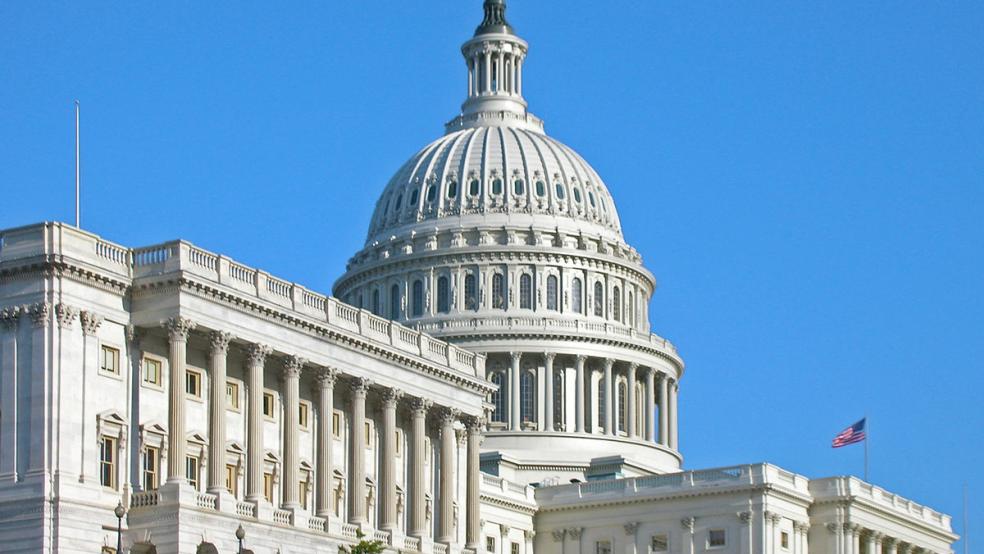2016 has been most unkind to big bankers; no matter where they work, chances are their company's stock is down for the year.
Now Washington regulators are rubbing a little salt into the wound. The Department of Justice filed antitrust lawsuits that may result in the blocking of not one, but two proposed mega-healthcare mergers — Anthem-Cigna and Aetna-Humana — and should those combinations be killed, that would mean that the global volume of blocked mergers and acquisitions is about to hit an all-time high.
Related: Even Top Wage Earners Can’t Keep Pace With Soaring CEO Pay
Not counting those healthcare transactions, there have been 590 mergers withdrawn globally so far through July 20, totaling more than $633 billion, according to Dealogic, a firm that tracks M&A stats. Add in the value of the Anthem-Cigna and Aetna-Humana deals ($54 billion and $34 billion, respectively), and that number shoots to more than $700 billion, the highest year-to-date total on record. Dealogic stats track back to 1995, but it's unlikely that there ever was a year where more M&A was killed.
Mega-M&A this year squished by D.C. naysayers and regulators in other world capitals include Allergan's $160 billion deal to buy Pfizer, the $102 billion Honeywell-United Technologies transaction and Williams Companies' $55 billion sale to Energy Transfer Equity LP.
The full-year record tally for busted deals has not yet been met: that came in 2007, when more than $1.12 trillion in M&A was withdrawn globally — but that year was more about market turmoil killing deal financing packages, than regulators swatting transactions down. But at this point the all-time record is well within striking distance.
Companies to 'vigorously defend' merger
Both deals' being targeted by the Justice Department for rejection surprised some on Wall Street. Thursday morning, the DOJ delivered and filed lawsuits against both deals. Attorney General Loretta Lynch announced the lawsuits in a press conference Thursday.
Related: Wall Street Can’t Cut Jobs So They Are Cutting Pay
"These mergers would fundamentally reshape the health insurance industry," Lynch said. "They would leave much of the multi-trillion dollar health insurance industry in the hands of three mammoth insurance companies, restricting competition in key markets."
Once the DOJ files a lawsuit to block a deal, it's very likely that transaction will be scuttled, one way or another.
The two health giants said Thursday that they plan to "vigorously defend the companies' pending merger."
The Aetna-Humana deal was expected to be the easier of the two to win approval, as the only major overlap between the two companies was in their Medicare Advantage and Medicare Part D businesses. Aetna was willing to divest assets, but the expectation is that DOJ said the divestitures wouldn't alleviate the concern regarding competition in the area.
"The process to review Aetna-Humana is simple when compared to Anthem-Cigna," Stifel analyst Thomas Carroll told CNBC earlier this month, explaining that their one area of overlap is Medicare. "It's primarily one product — Medicare Advantage and Medicare Part D. Market share data is readily available, so it should be much more objective."
This article originally appeared in CNBC. Read more from CNBC:
PayPal and Visa announce strategic partnership
Hamptons real estate sales slump 21 percent
Boeing will take $2.05 billion in charges for second-quarter earnings




